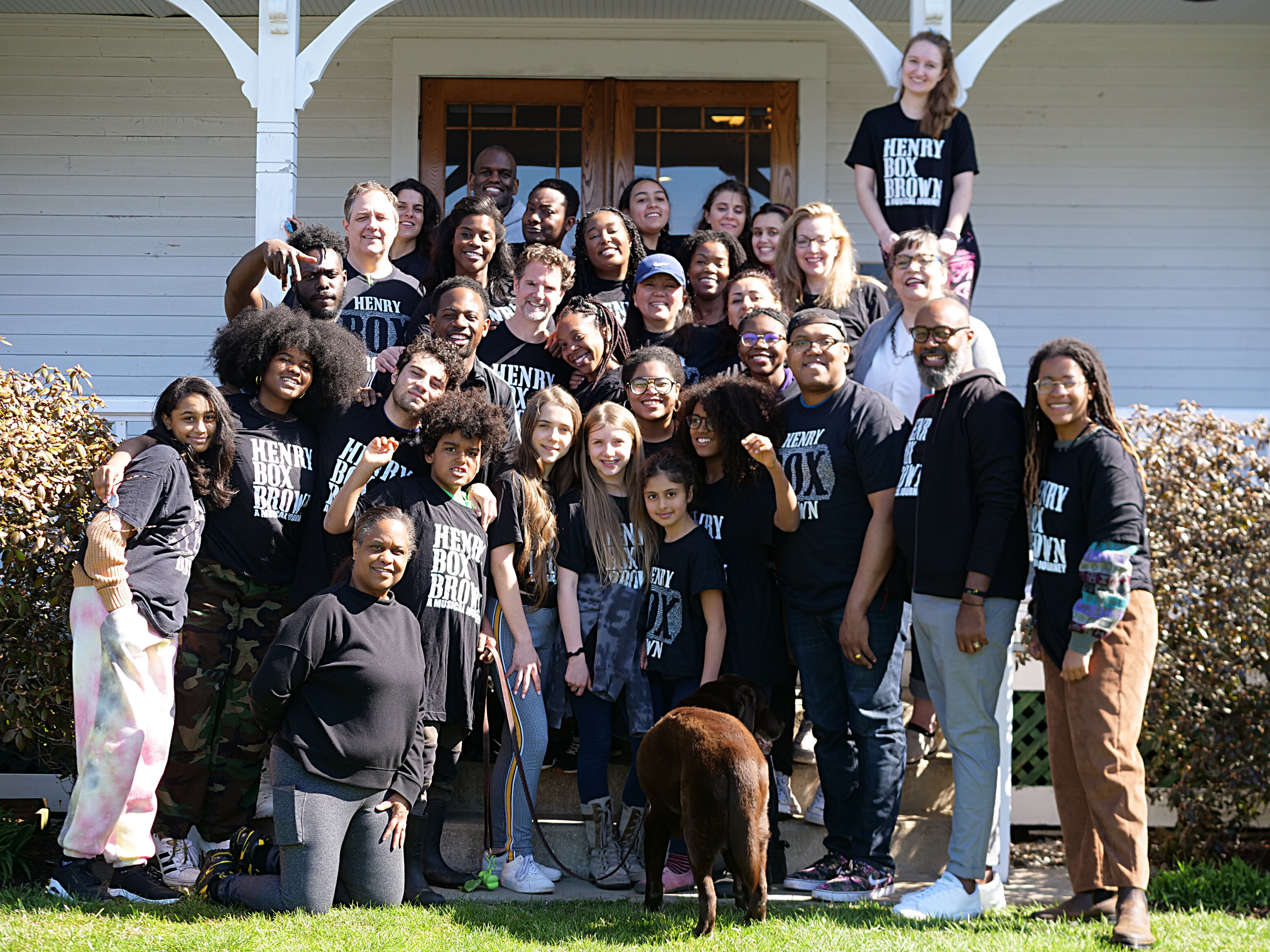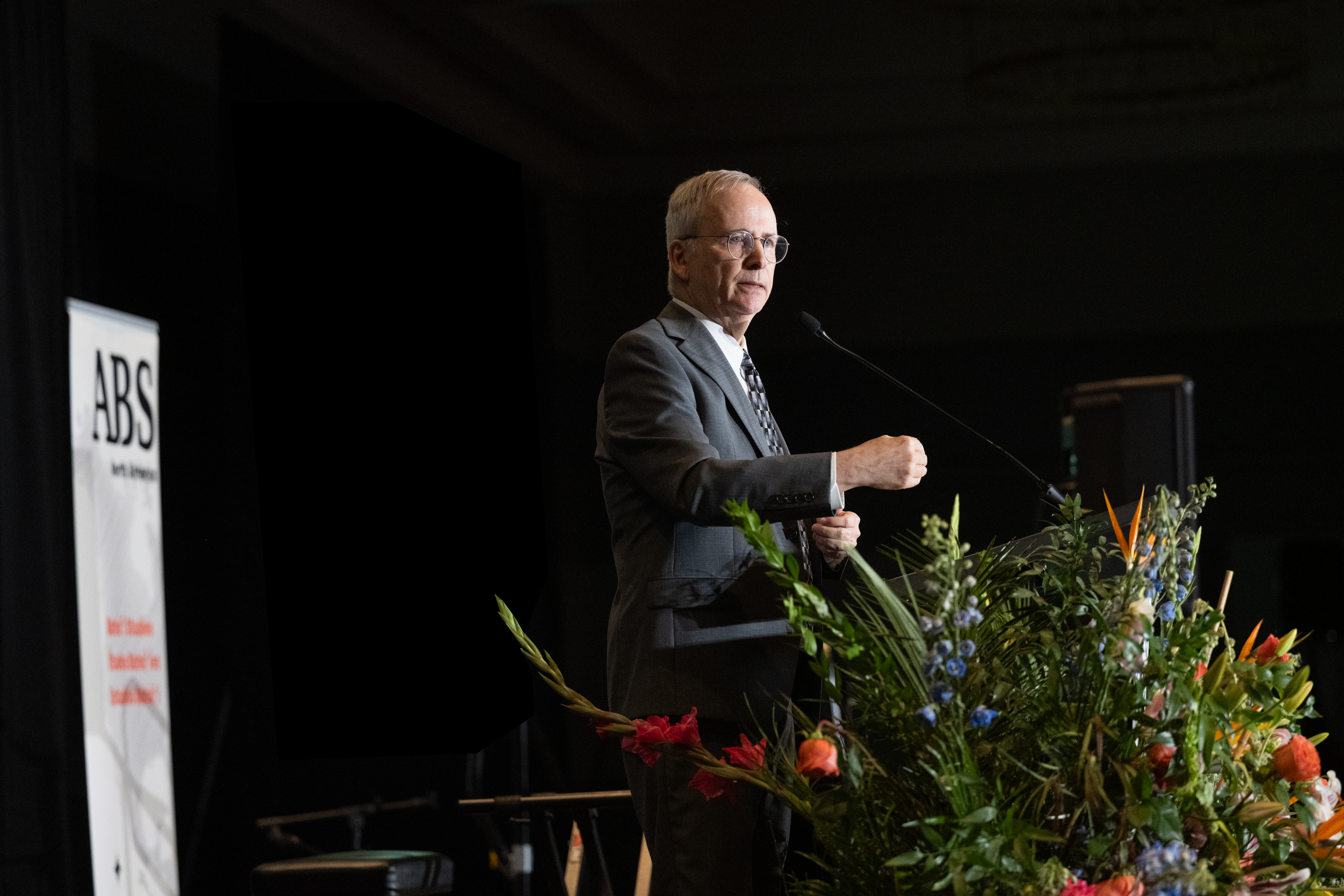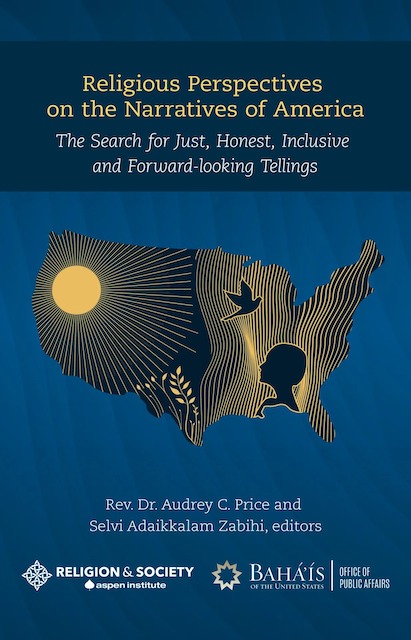
Indigenous rights official draws inspiration from Baha’i teachings
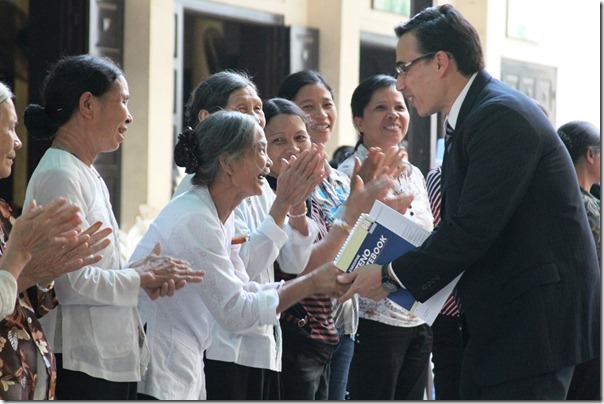
On the surface, Michael Orona’s life in Washington, DC, looks to be worlds away from his upbringing in rural southern New Mexico and Arizona. When not traveling overseas, the nation’s capital is where Orona spends much of his time consulting with world leaders and representatives of nongovernmental organizations about improving the lives of marginalized people across the globe.
But look closer and you see that Orona’s roots and his faith as a Baha’i are always on his mind, and are inherent to his professional life spanning 20 years working for the United States federal government.
In July 2022, Orona was selected by the U.S. Department of State to serve as its first Senior Advisor for Global Indigenous Rights, working alongside and in support of Desiree Cormier Smith, the first U.S. Special Representative for Racial Equity and Justice. Their goal is to advance racial equity and support for marginalized communities around the world, including 400 million Indigenous people.
He has held an array of senior-level foreign policy advisory positions, including serving at the White House as National Security Council Director for African Affairs.
“I was raised with a mother and father who championed the rights of all humanity, and this goes back to the message of the Baha’i Faith, of Baha’u’llah. The importance of human rights, of equality, of diversity were instilled in me at a very young age,” says Orona.
He notes the historical importance of his new position on a secular level, and believes his work is aligned with the priorities and endeavors in the Baha’i community to strive for race unity and justice.
His family, with Indigenous ancestry derived from Chihene Nde, Apache and Yaqui lineage, understood inequality well. Orona was taught that other communities of color were also marginalized and that everyone deserves compassion. “Growing up it was natural to have conversations on diversity and social justice around the kitchen table and participate in activities focused on race unity and social justice,” he recalls.
Orona’s late father, Joel, an educational psychologist, and his mother, Esther, served as co-administrators at the Native American Baha’i Institute in Arizona in the 1990s.
Because Orona’s family was actively supporting rights of immigrants and refugees, as well as leading programs supporting the rights of Indigenous people, he believed “this is how everyone lives their lives. As I grew older, I realized that’s not the case.”
“‘Abdu’l-Baha placed great importance on the education of Indigenous people, and that was empowering,” Orona states. “This emboldened me to start my journey.”
Sponsored by his law school, Orona says, he had the life-changing opportunity to study international law and human rights at Cambridge University in the United Kingdom. While at Cambridge, his view of the oneness of humanity was reinforced when he was introduced to the writings of James Baldwin, an African American author and social justice advocate.
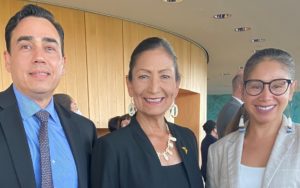
On returning to the United States, he began work at the Department of Labor’s International Child Labor Office, “focusing on Bangladesh, Pakistan and India, to remove children from forced labor and provide families with educational and economic and social opportunities.”
He lived and worked throughout Africa and Asia and was later asked to serve in the U.S. Embassy in Hanoi, Vietnam, where he helped to negotiate the release of three Vietnamese prisoners of conscience.
Orona says he feels honored to have been selected as the State Department’s first Senior Advisor for Global Indigenous Rights, and he knows it is a tremendous responsibility to work with “Indigenous people all over the world who have been excluded from fully participating in social, economic and political systems, excluded from the rooms where decisions are being made that directly impact them.”
“Indigenous peoples are one of the most marginalized populations in the world but possess traditional knowledge, strategies on climate change, food insecurity, equitable governance and gender equality. I hope to amplify this issue so we can reach our capability as a global society with all members of society being a part of this consultative process,” he says.
For inspiration, Orona turns to recent guidance from the Baha’i Faith stating “racism deprives a portion of humanity the opportunity to express its full range of capability and that preventing a segment of humanity from reaching its potential is detrimental to the rest of society.”
“My mandate is to engage, to consult and to listen to members of these marginalized communities around the world and determine how we, the U.S. government, can best support them,” Orona says.
Humility is key to this daunting work, he says. “This truly is about being humble, to start by listening first and foremost, to truly understand the diverse cultural and historical perspectives and understand the structural barriers that have excluded members of the global Indigenous community from participating for far too long.”
Given the “horrific and ugly history of racial injustice, there is no way the U.S. can lecture other countries. … We need to be part of a unified global community to fight racism.”
Orona attended the recent Organization for Security and Cooperation in Europe Summit in Poland, where the U.S. Special Representative issued a statement on racism, xenophobia, discrimination and intolerance.
In that statement, “the U.S. government acknowledged its own historical shortcomings. We mentioned the enslavement of people of African descent, the forced displacement and exploitation of Native Americans, while calling for other countries to make improvements.”
Another Baha’i principle that dovetails with Orona’s work is the equality of women and men. Shortly after starting his new role, Orona participated in a multi-day White House event with senior government leaders and grassroots organizers from Mexico, Canada and the U.S. dedicated to combating violence against Indigenous women and girls.
“This issue hasn’t received a lot of attention; there are 5,000 to 10,000 Indigenous women and girls missing or [victims of] unsolved murders in the U.S. alone,” he says. Consultation with Indigenous communities from other countries can draw more fully on the power of people who “know better than anyone else what is being faced” and how it might be addressed, he suggests.
Since taking on this role, he says he has seen a flood of interest from government officials in other countries seeking to collaborate and from local communities who for far too long didn’t have anyone in the United States with whom they could directly share their concerns.
“It goes back to the message of the Baha’i Faith,” he says, “that complete transformation of society must include the ability to harness the power of all people.”
He says we have vivid examples of how ‘Abdu’l-Baha promoted race unity either through the written word or by his own action. “I can see it firsthand, how enormous this need really is throughout the global community.”
Asked how others can help, Orona notes that the Baha’i teachings encourage us all to contribute to social transformation, and he recalls a Baha’i quote: “The well-being of mankind, its peace and security, are unattainable unless and until its unity is firmly established.”


